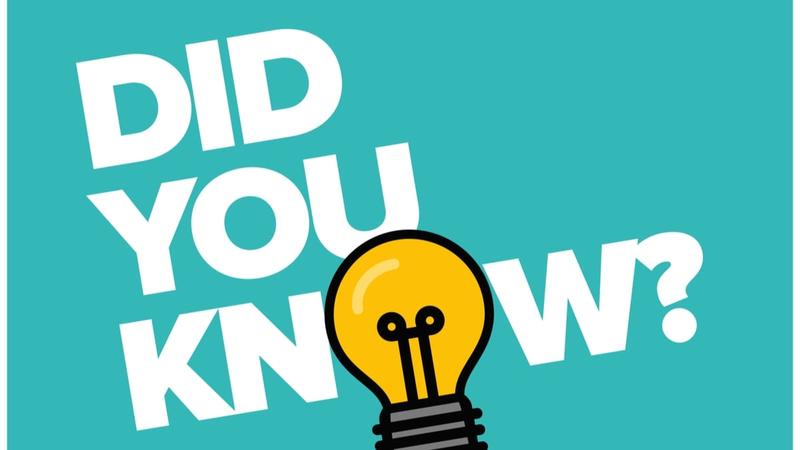
New Government, new policies
In October the new New Zealand Government was announced and there is a lot of talk on how this change is going to affect immigration. The 2 main parties of this Government, Labour and NZ First have agreed to reduce information and this will make it difficult for some people to get a visa. Already we have seen that there will be restrictions on foreign buyers buying existing houses and farm land. This is a relatively token gesture that is popular with voters, but basically it means that unless you actually have residence you will need to build a new house if you want to own one in New Zealand. It is unlikely that this change will actually affect the majority of migrants in NZ.
Based on this, and from what we have seen in the past, the most likely changes to immigration will be to those who are not making any contribution to NZ or are not on a pathway to be able to do so. Making a contribution can be defined in many ways, such as studying on a long term course, or a course with a useful future pathway, working in NZ in a skilled job that there is a shortage of workers for and so on. The basic idea is that migrants who come here with a minimum effort attitude are more likely to be refused a visa. For example if a person decides to take the cheapest, shortest term course of study to gain working rights, to find a job to get a job offer for a low skilled job (because they don't have strong qualifications or work experience) as a pathway to working and then to residence, this may be more likely to fail.
To strengthen and future-proof your chances at success, please keep the following points in mind.
People more likely to get a visa:
- Have verifiable work experience and qualifications in higher skilled jobs
- Have motivation and ability to study to gain NZ qualifications
- Have a skilled job offer
- be in a genuine and verifiably genuine relationship with a NZ citizen or resident
- Studying in higher level education institutions - public schools, polytech, universities, reputable language schools or PTEs
- be genuinely visiting
- be able to clearly meet the requirements for whatever visa you are applying for
People less likely to get a visa don't meet the criteria above, but also:
- Try to take short cuts and do the minimum possible
- are low skilled, have no verifiable employment history or qualifications
- Are studying courses with no strong outcome potential
- Cannot strongly provide evidence for meeting the visa criteria
My feeling is that overall, the visa and criteria won't change so much, but INZ's strictness in applying the criteria may. We will still have visitor, student, working, residence and partnership type visas, but they may be assessed more strictly from now on. This means that the applications need to be done much better if they are to succeed.